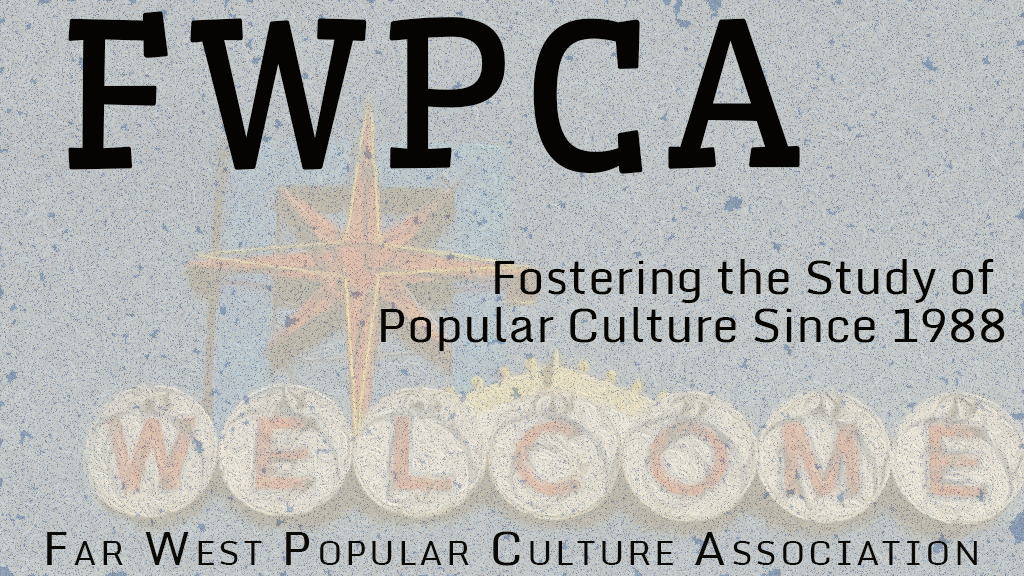The Premonitions of Brian De Palma's Phantom of the Paradise
Presentation Type
Paper
Abstract
Released in 1974, Brian De Palma’s film Phantom of the Paradise appears uncannily premonitory of the over-commercialization that affects the pop music industry in the 21st century. Through the analysis of its most significant narrative paradigms and informed by the fundamental concepts of Guy Debord’s theory of spectacle, this essay will show how De Palma’s film foreshadows the systematic erasure of the artist’s individuality as well as the irresistible empire of the structures of distribution that characterize today’s music business, turning it into an artistic denunciation that appears even more relevant in 2022 than it did nearly fifty years ago.
Keywords
De Palma; Phantom of the Paradise; Pop music; Music industry; Faust;
COinS
The Premonitions of Brian De Palma's Phantom of the Paradise
Released in 1974, Brian De Palma’s film Phantom of the Paradise appears uncannily premonitory of the over-commercialization that affects the pop music industry in the 21st century. Through the analysis of its most significant narrative paradigms and informed by the fundamental concepts of Guy Debord’s theory of spectacle, this essay will show how De Palma’s film foreshadows the systematic erasure of the artist’s individuality as well as the irresistible empire of the structures of distribution that characterize today’s music business, turning it into an artistic denunciation that appears even more relevant in 2022 than it did nearly fifty years ago.


Comments
Thank you for your interest in my work.